Craving Peanut Butter? Here Are Few Reasons Why-
Are you craving peanut butter? Food cravings are highly common. Unline hunger, food craving refers to an intense desire for particular food items, such as peanut butter. Dieting and restricted eating are associated with an increase in cravings for food. In some situations, food cravings might be our body’s way of informing us about any deficiency in our body, like a deficiency in a mineral or vitamin.
What does craving peanut butter mean?
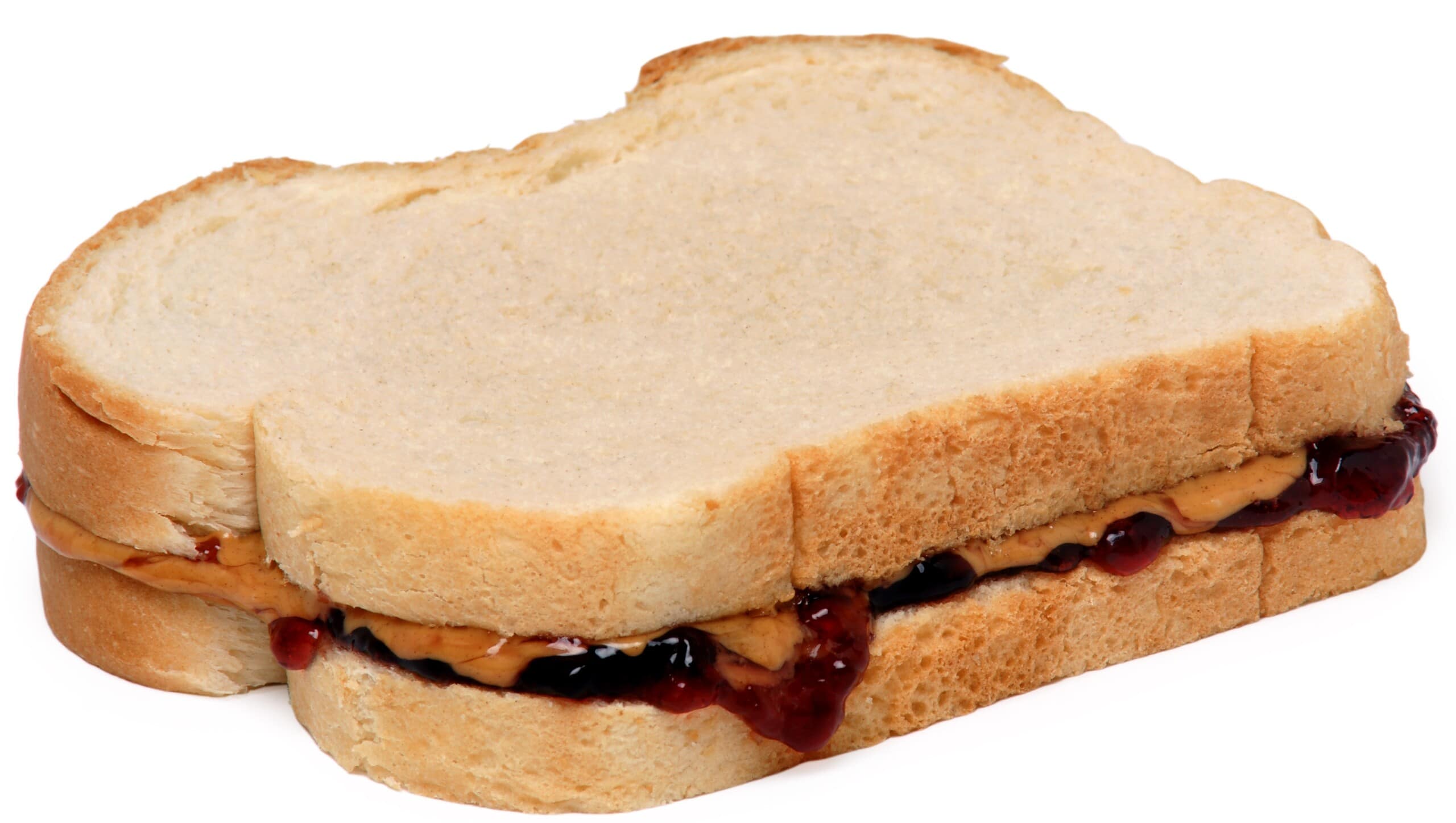
Craving peanut butter might indicate several points. Other than a shortage of willpower and the truth that peanut butter tastes incredible, your body might be striving to inform you something more.
The unexpected urge to consume a lot of peanut butter might signify that you are not reaching the daily nutritional needs of your body. Your body requires a sufficient balance of protein, vitamins, carbohydrates, and fats daily.
Based on the various activities you perform and your gender, the daily calorie consumption may differ. Adult males demand 2,000 to 3,000 calories every day to sustain healthy body weight, whereas female equivalents require 1,600 to 2,400 calories to do so. Note that the essential sources of daily calories are fats, carbohydrates, and protein.
Peanut butter is produced from peanuts and includes no synthetic additives. For all 100 grams of peanuts, there are approximately 567 calories. In addition to that, peanuts are high in proteins (25.8g), carbohydrates (16.1), fats (49.2g), and fiber (8.5g).
Natural peanut butter might contain a scarce aunt of salt but no hydrogenated oils. All the ingredients obtained from it are in the most refined forms and most advantageous to you.
Craving peanut butter might indicate that you consume low calories and require a boost. In addition, a slight variation in the daily calorie intake might influence your body’s energy levels. To complete this, you might find yourself consuming a whole bottle of peanut butter.
Why are you craving peanut butter?
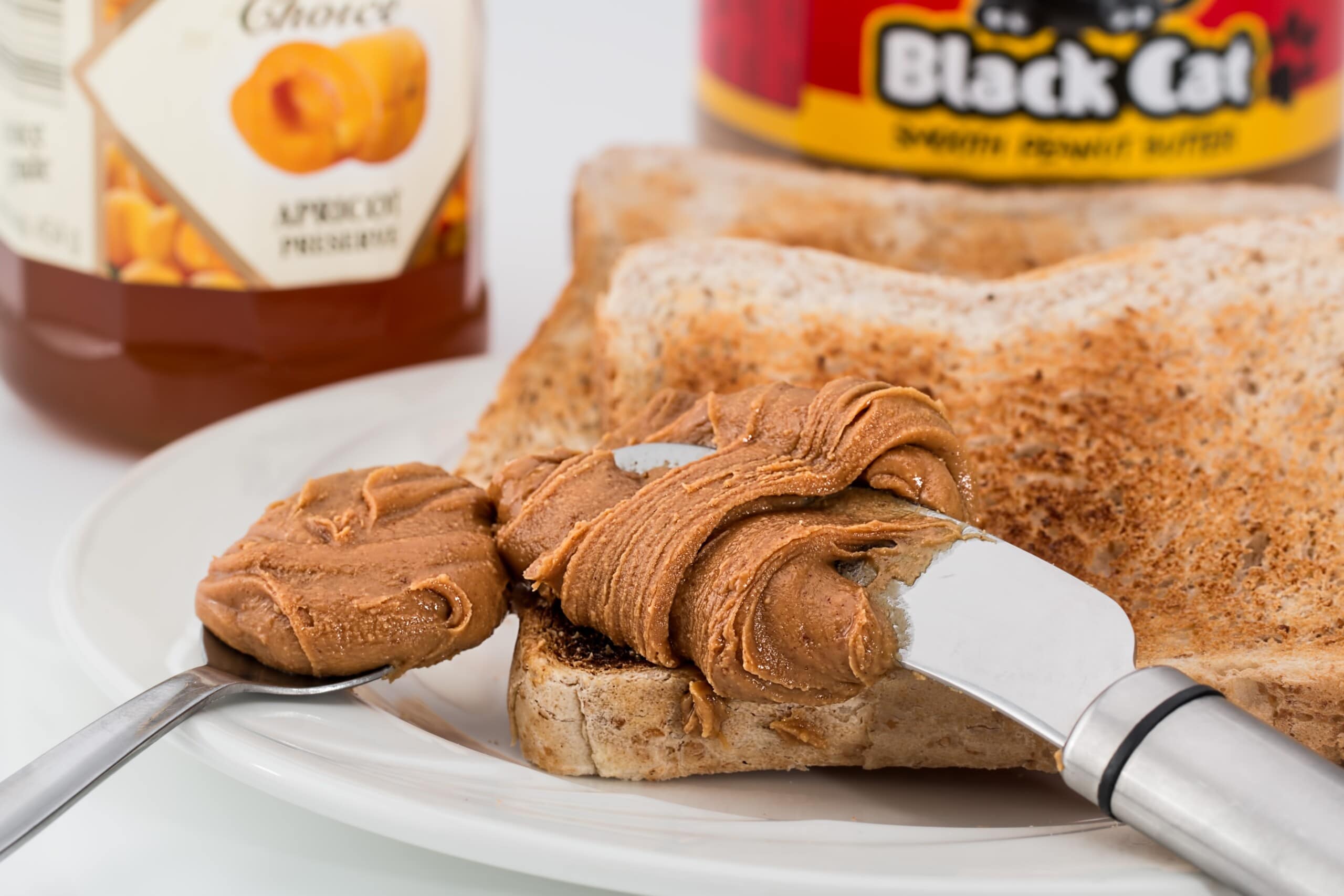
Even if you are craving peanut butter, do not panic. There are a few solid reasons why you might have to build an urge to eat peanut butter. Here are a few reasons to know:
1. You do not have enough fat in your diet
You might be craving peanut butter if you have a fat scarcity in your diet. Most people believe that fat is damaging to health. On the opposite, your body requires fat to operate appropriately.
A healthy fat percentage is required to sustain healthy body functions. The typical body fat percentage in ladies is approximately 20-30%, while in men, the ideal body weight percentage descends to 10 to 20%. Body fat percentage indicates that men are more muscular compared to women, therefore the drop.
Low-fat nutrition might influence the body fat percentage. Low body fat may drive a person to have regular cravings for sweets or peanut butter. Peanut butter is noted to have a high-fat content of approximately 50 g per 100 grams. These incorporate polyunsaturated fats of 12.3g and monounsaturated fats of 25.4g.
Low-fat intakes can be beneficial when you do it in a balanced amount. However, if your diet is deficient in fat such that it does not meet the minimum fat requirements, you might start craving peanut butter or other fat-rich meals. At first, this may seem not very easy for you since you would not realize what craving peanut butter mean. You may even find yourself jelly and craving peanut butter more than usual.
2. Not enough protein or lack of protein in your diet
You require proteins to establish and maintain the muscles. On an ordinary level, the Recommended Dietary Allowance or RDA for protein in your diet is 0.8g of protein per Kg of body weight.
That is sufficient to satisfy your primary nutritional needs, maybe just adequate to keep you active. You might need more based on your gender and the movements you employ. If your everyday protein demands are not satisfied, you might notice have a craving for peanut butter to fill the void.
3. You do not have enough calories in your diet
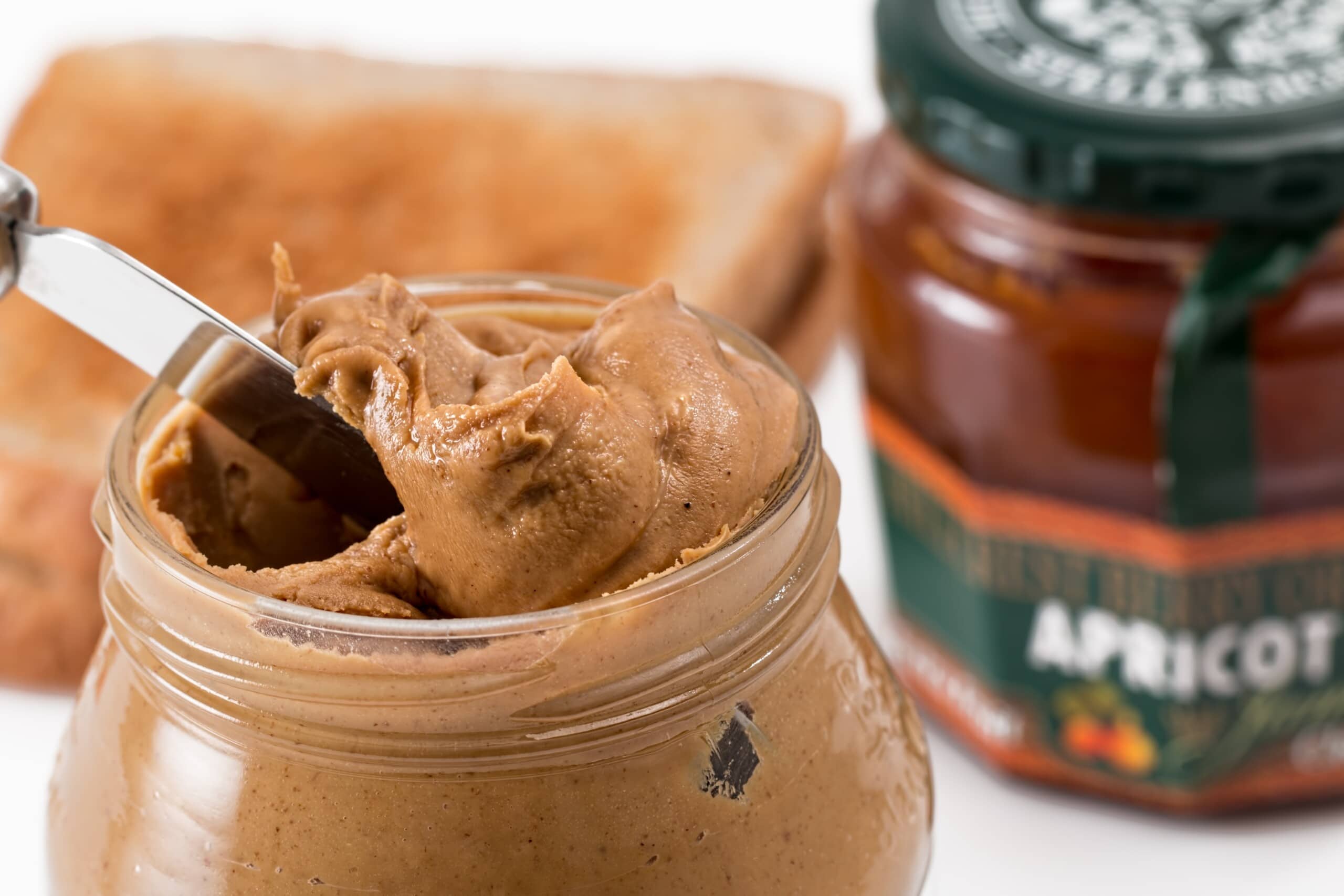
Most weight-loss plans defend for decreased calorie intake. Some very-low-calorie regimes include eating only 800 calories every day for weight loss. This is a distant cry from the suggested calorie intake for women, 2,000 and 2,500 for men. Although this might aid in weight loss, it might be harmful to your well-being and health.
Lack of needed calories in your food might start you to get peanut butter cravings as it is a rich reservoir of calories. As you already know, Peanut butter is rich in carbs, which are an essential source of strength.
Bad eating habits, regular dieting, and not consuming enough food can also result in low-calorie intake. For example, if you drink a large meal as your first meal in the morning then undernourish yourself by not eating the remaining day, your calorie count decreases. You will discover yourself craving peanut butter as your energy levels become dwindle and your body wants to replenish.
4. Stress
When you remain stressed, your body usually desires food ample in calories and abundant in protein and fat. Peanut butter is an outstanding example of such a type of food. Stress may lead to overeating and regular food cravings.
Also, when you are highly stressed, your body operates into a fight or flight method, arousing the production of hormones such as Cortisol.
This hormone raises blood sugar levels which later forces body cells to function twice as much. Your cells require glucose and energy to work, and this leads your body to transmit signals to your brain that you are starving and need to eat soon.
These hollow hunger signs lead you to desire high-calorie meals such as peanut butter. You might be wondering why peanut butter is so tempting, particularly when you remain stressed.
Well, peanut butter holds a moderate amount of beta-sitosterol, a sterol from plants that reduces the outcomes of Cortisol in the body. That describes why you feel healthier after swallowing a few spoonfuls of your favorite peanut butter. The compound beta-sitosterol might also serve as an antidepressant. Now you know why you are craving peanut butter.
Is craving peanut butter bad all the time?
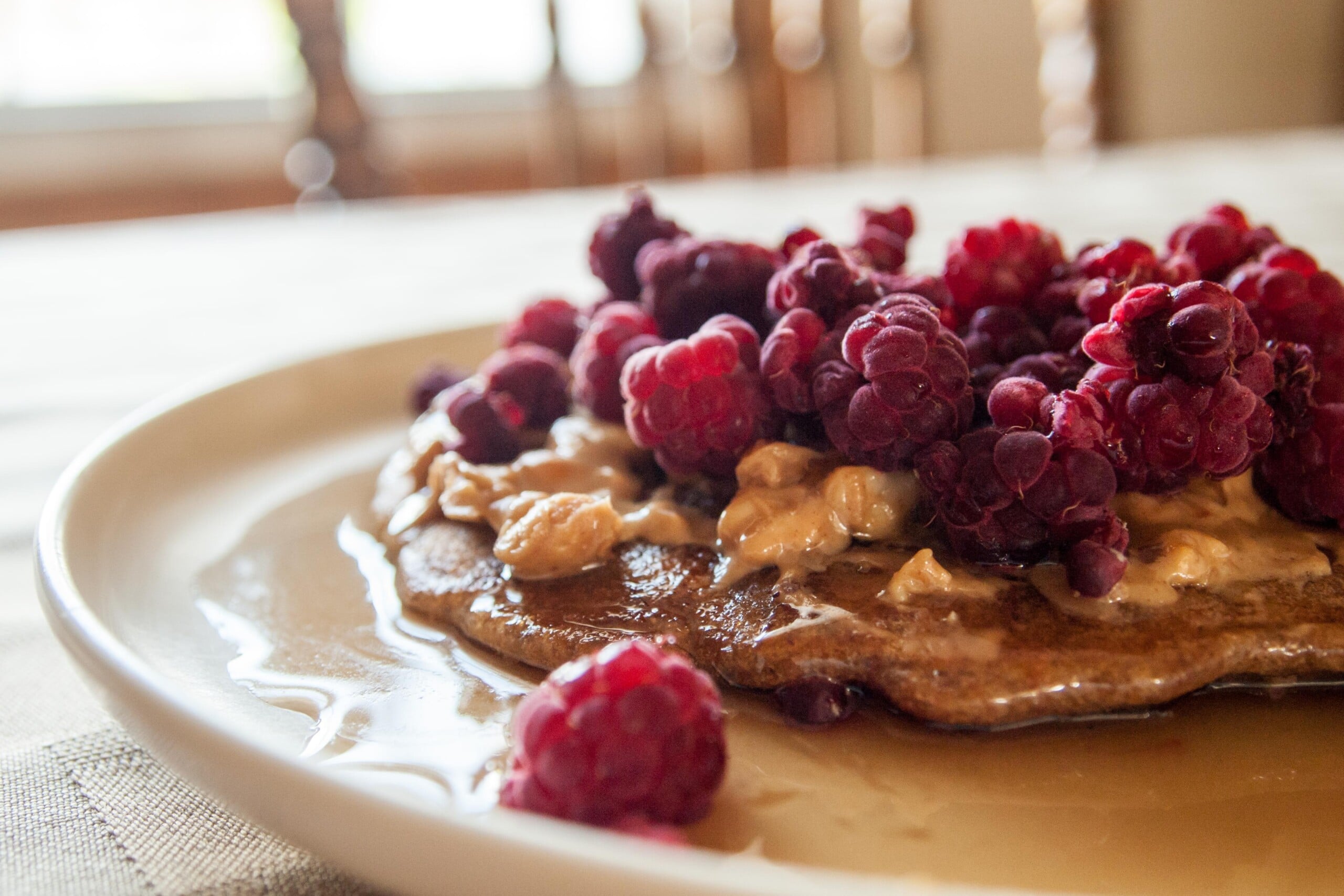
Consuming peanut butter is not unhealthy. This pleasant nutty spread is irresistible, so you might discover yourself consuming it more often. Peanut butter is wholesome, and you could eat it all day.
However, an excessive quantity of anything can be inadequate, which refers to craving peanut butter. You might not help but crave peanut butter, but you could certainly check how much to eat.
Craving peanut butter and overeating, mainly commercial brands, might have significant adverse consequences on your health. Unlike naturally present peanut butter, famous retail brands might have supplemented trans fats, sugar, and vegetable oils.
Here are a few disadvantages of craving peanut butter and overeating:
1. Allergic reactions
Allergic reactions are highly common t peanuts. Nevertheless, it is still not known why peanuts lead to such an adverse reaction. If you are even a little bit allergic to peanut butter, then consuming peanut butter might result in your body falsely recognizing peanuts as a dangerous substance. The natural defenses of your body may overreact and lead to a severe response.
Sigs of such an allergic response involve a runny nose, stomachache, and itchy eyes. You might even develop issues like anaphylaxis or hives in critical cases.
2. Too much peanut butter might prevent you from losing weight
Peanut butter is large in fats and calories, the only things you might be attempting to withdraw from in your weight loss mission. Note that consuming a reasonable amount of peanut butter is fine since it is a superb source of fiber and protein that raises the feeling of abundance in the body. You are likely to feel fuller for a more extended time if you consume a meal having peanut butter in it.
Nevertheless, too much of it raises your overall calorie intake and fats, thus influencing your set weight loss goals. You are anticipated to gain added weight.
3. Inflammation
Craving peanut butter and overeating might lead to swelling. Peanut butter comprises omega-6 fatty acids and omega-3 fatty acids as well as polyunsaturated fatty acids. For each 100g of peanut, there is approximately 12.3g of fats of polyunsaturated types.
Your everyday omega 3 and 6 dietary requirements vary based on your sex, age, and the activities you involve in. That being said, to guarantee nutritional sufficiency, adult females and males only require approximately 1.1 and 1.6 g of omega-three fatty acids every day.
On the contrary, the sufficient consumption of omega-6 fatty acids each day is approximately 17 grams for females and 12 grams for males. Although both fats are essential and are excellent for heart health, their lack of balance might ease swelling. The proportion of omega-3 to omega-6 fatty acids in the body must be within 1:1 and 4:1. Considering peanuts include much more value of omega- 6 compared to omega-3, having an extremely high quantity of peanut butter will upset the balance.
You might potentially deal with inflammation, oxidative stress, and even obstructed arteries if your food is loaded with omega-6 fatty acids and extremely low in omega-3 fatty acids.
What to do when craving peanut butter?
Why do we have food longings in the first place? Food Cravings are the body’s natural way of expressing that something is not correct or insufficient. Much as you strive to sustain a healthy diet with a good balance of all needed nutrients, there can constantly be something lacking.
For example, you might wake up craving peanut butter or apple wrap. Peanut butter is a yummy breakfast option, but its idea did not just crop up out of anywhere. Your body might be willing to inform you something.
You can be craving peanut butter due to low fat, energy, or protein content. Stress might also be a cause of sudden craving for peanut butter or banana toast. If you follow a vegan diet, craving peanut butter might indicate that your body has run low in protein content. Fortunately, there are a few ways to help you combat intense cravings for peanut butter.
1. Add more fats to your diet
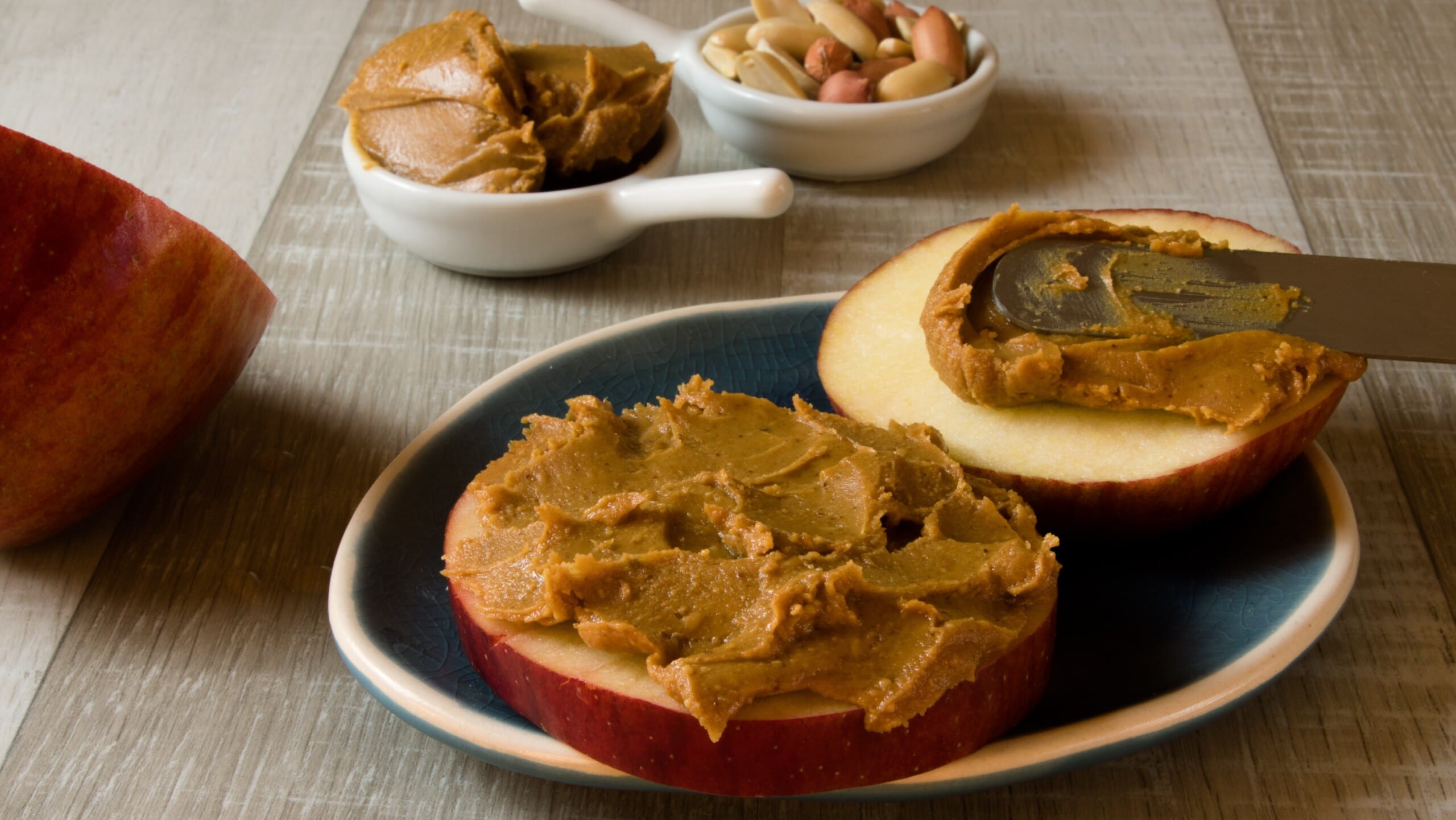
Following a low-fat diet is excellent for the weight loss journey, but it can rise to peanut butter cravings. Supplementing healthy fats to the diet will not lead you to gain weight or fat. Combining such fats into the diet encourages you to feel more content after you eat, diminishing hunger and consequently promoting weight loss.
Monounsaturated fats and Polyunsaturated fats, such as those present in peanuts, are healthful fats. In the correct amounts, both of the fats assist in lowering bad cholesterol. Steamed veggies are delicate, but they might be better. Add some fat to the meal, and be fair while at it. You only want to guarantee that you are practicing oils and high-quality cooking fats.
A great approach is using Canola oil and olive oil, which are high in monounsaturated fats. To knock your cravings, you can use peanut oil for dressing or cooking your food and salads.
Vegetable oils like those from sunflower, corn, and sesame seeds are abundant in polyunsaturated fats. In addition, oils like flaxseed oil are plentiful in omega-3 fatty acids, which aid in lowering triglycerides.
Prevent using trans fats as they will boost your cholesterol and place you in danger of cardiovascular ailments. Trans fats are created when the vegetable oils are hydrogenated. And are frequently observed in baked goods or fried foods with hydrogenated vegetable oils.
2. Increase protein intake
Protein insufficiency in the body will also lead to craving peanut butter. Proteins are accountable for strengthening your muscles and tissues.
When the protein intake is deficient in meeting the body’s requirement, you might begin craving peanut butter and other protein-rich foods. Aside from getting such cravings, a shortage of protein in the body might also lead to skin issues like depigmentation. It could also make your hair brittle and dull, and the nails crack easily.
To control this, you are required to up the protein intake. Here are a few tips to aid you in increasing protein consumption. When eating, begin with the proteins initially before heading to other food on the plate. Proteins excite Peptide YY (PYY) generation, a specific hormone that makes you feel full, hence lowering your food consumption.
Additionally, consuming your protein initially also boosts your metabolic rates and keeps the blood sugar levels in the curb.
3. Avoid stress
A switch in your diet can do so much to assist you in curbing your peanut butter longings. If you do not de-stress yourself, you might still be craving peanut butter, even with the modified diet.
Peanut butter consists of beta-sitosterol, which helps combat the impact of stress. So, for as long as you remain stressed, you might always crave some meals, and more particularly, soft foods like peanut butter. Here are a few tips for distressing yourself and conquering the unappeasable hunger for peanut butter:
- Regular workouts
- Therapies
- De-stressing
- Meditation
4. Exercise
Exercise is a beautiful way to loosen your body and mind. It helps you to enhance your mood and maintain your fitness at the same time. A quick walk around the park is an excellent way to help relieve your mind and overcome stress. Try to follow a workout routine of at least 30 minutes a day for extraordinary health and low cravings.
5. Meditate
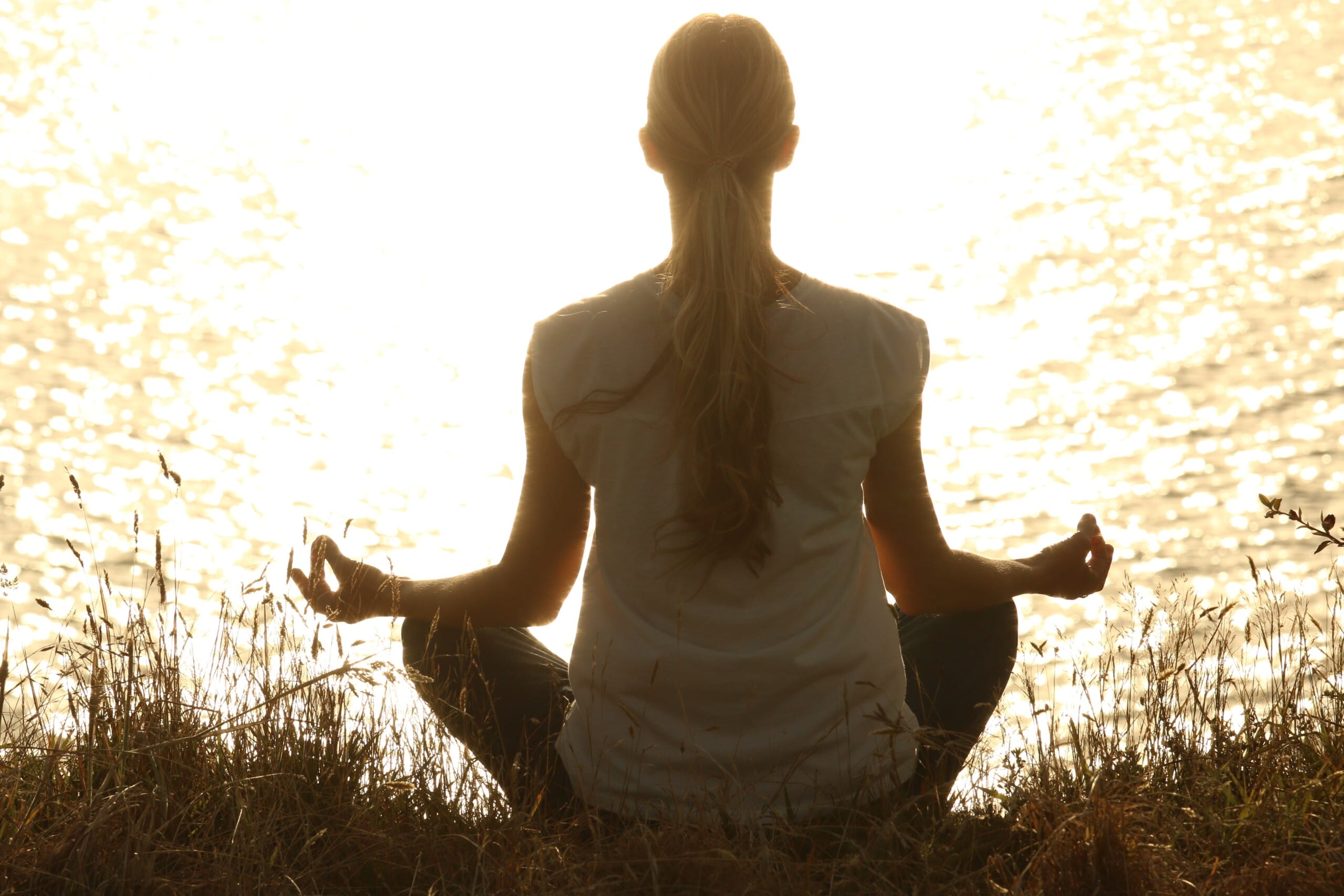
Sometimes, all you want to do is break from the busy schedule and unwind yourself. Meditation or Yoga are fabulous ways to recline and clear your brain. You will also have a chance to speculate and think about different problems, other than the ones stressing you so much. Any other methods of self-care that are essential to you will further work.
You require to be mindful of how your body is behaving. If you see anything strange, like weird cravings, pay consideration as it might be your body’s way of interacting with you.
The Bottom Line
Craving peanut butter or certain foods is ubiquitous. Food cravings vary from hunger and usually have a hidden cause. Discovering the root problem of a food craving might help you recognize how to deal with it the best way.
Peanut butter is a wholesome food that does not have a health risk. It is, nevertheless, dense in calories, and consuming large amounts might not be suited for everyone. Other foods may assist in relieving you from craving peanut butter, primarily if a deficiency of nutrition produces it. If anxiety, depression, or stress are causing peanut butter cravings, modifications in your lifestyle or communicating with a therapist might help.

